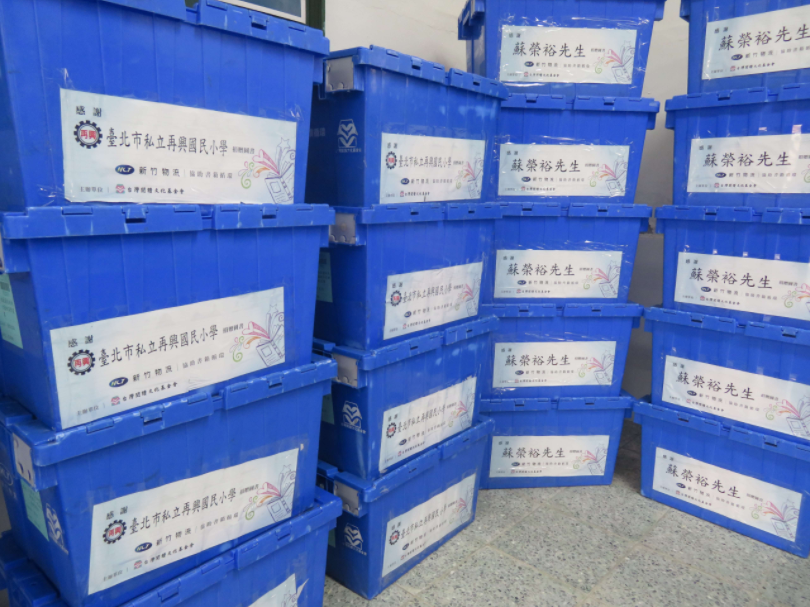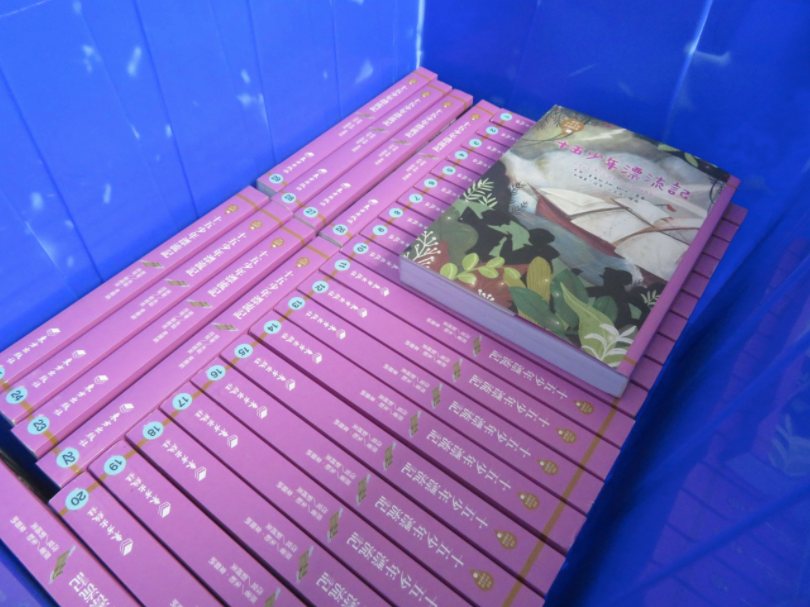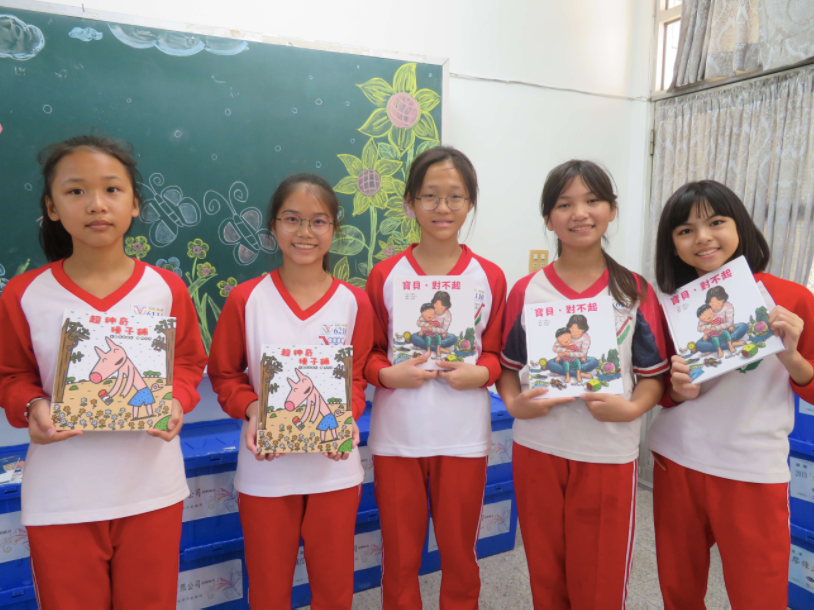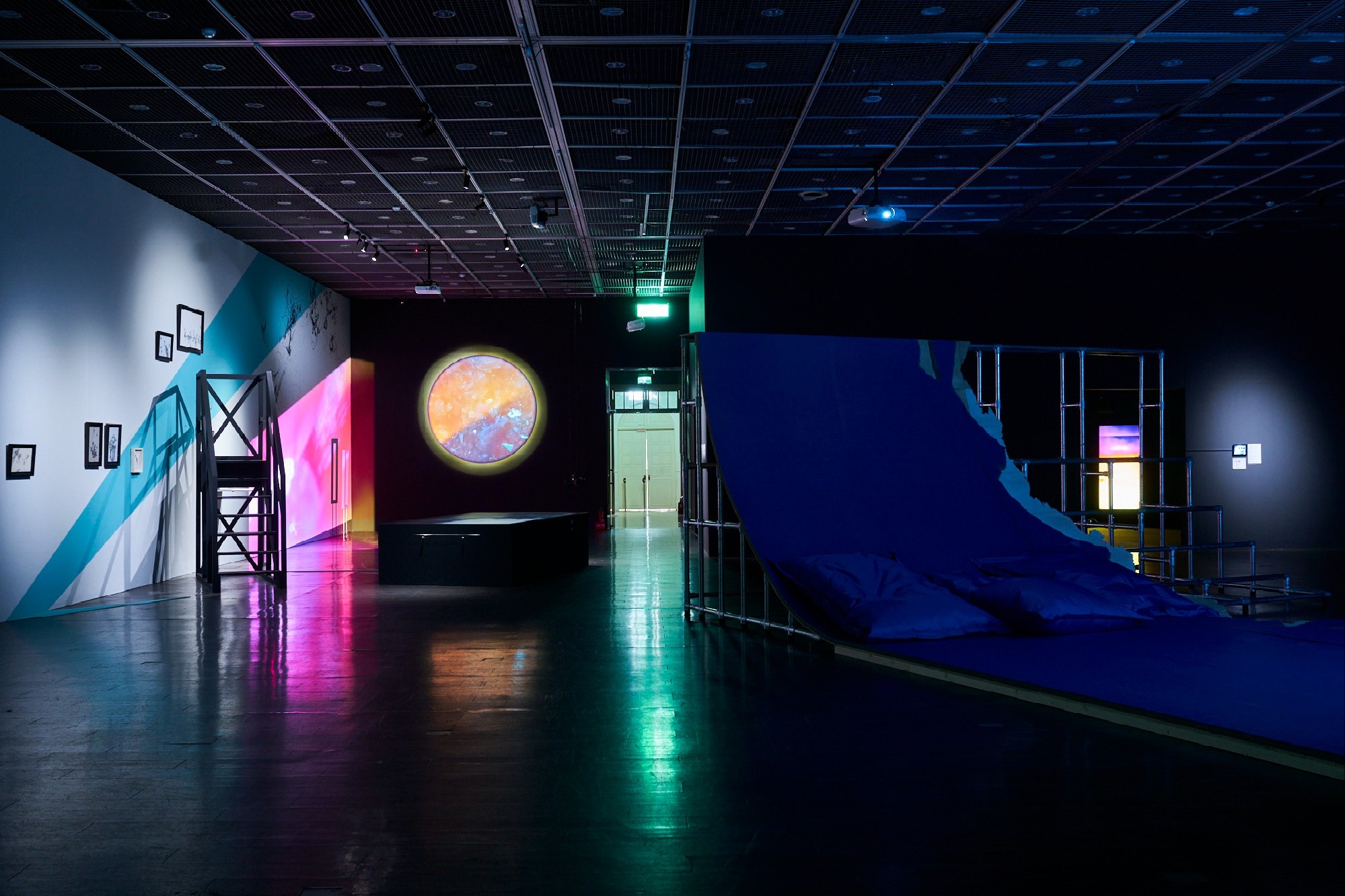To prepare for the next generation to enter the knowledge-based era, countries around the world are actively promoting children's reading campaigns. In 2001, the Ministry of Education launched the "National Children's Reading Program (全國兒童閱讀計畫)" to narrow the urban-rural gap and cultivate students' reading habits. Civil society organizations have also taken various approaches to apply to remote areas, including mobile libraries, second-hand book donations, library enhancement, volunteer reading guidance, and organizing reward competitions. At the same time, grassroots teachers established the "Taiwan Read Organization" to promote classroom reading during this period.

The Taiwan Read Organization has initiated the "Library of Love (愛的書庫)" project, which aims to find a school in each township to be responsible for setting up a library. The books in the library are organized into boxes, with each box containing books for a particular class based on the number of students. The library stores books needed by all grades, with a standard of 100 boxes. The selection and procurement of all book lists are led by teachers, avoiding the traditional practice of donating books that may not meet the needs of teaching on-site. The core goal of the project is to promote "class reading" to enhance students' organizational thinking, sharing of experiences, listening to peers, and interactive thinking. However, the early model of the "Library of Love (愛的書庫)" is built on the belief, love, and perseverance of the teachers. The required books for the class need to be borrowed by the teachers themselves from the library, and the heavy boxes of books are a huge burden, especially for female teachers who make up the majority of grassroots teachers.
"A pregnant teacher borrowed a small truck to move seven boxes of books from the library. When I heard about this, to be honest, I was more shocked than touched. Even the logistics industry takes safety seriously when it comes to handling goods, and we cannot make it heroic especially for a voluntary act of public service.”
"The value of a business lies in its management mindset and systematic thinking. CSR is not just about donating money, but also about active participation. Setting goals, discussing performance, improving processes, and implementing reward systems are all basic principles of business management. It's just that we take social engagement seriously.”
So, the foundation integrated its book borrowing platform with the logistics industry's cargo tracking system, simplifying the borrowing process for teachers by setting up a reservation mechanism. Through a nationwide transfer system, book boxes can remain in circulation without having to return to the library, thereby increasing the flow of books. They even created special blue book boxes that logistics personnel can quickly identify among many other items. As partners, we firmly believe in supporting the aspirations and efforts of grassroots teachers, not just through praise and encouragement, but also through collective effort

Investing in system improvement comes along with tracking effectiveness, so the delivery yield rate, teacher participation rate, and borrowing rate of book boxes have become the most common topics of the conversation within Taiwan Read Organization. However, improving the software and hardware processes is relatively easy. The challenge lies in motivating self-motivated teachers and logistics colleagues with additional responsibilities. Human resources professionals can guide in this regard. Subsequently, regardless of launching the "Happiness Lecture Series (足見幸福講座)" to invite famous speakers from all walks of life to share with excellent teachers who actively engage in the system, or holding an "Alternative Teacher's Day" before and after Teacher's Day each year, where students design ways to thank and recognize logistics personnel as important drivers of this program. In this way, in a corner of the truck, in the daily work, public welfare can be put into practice, and wisdom can be passed down




